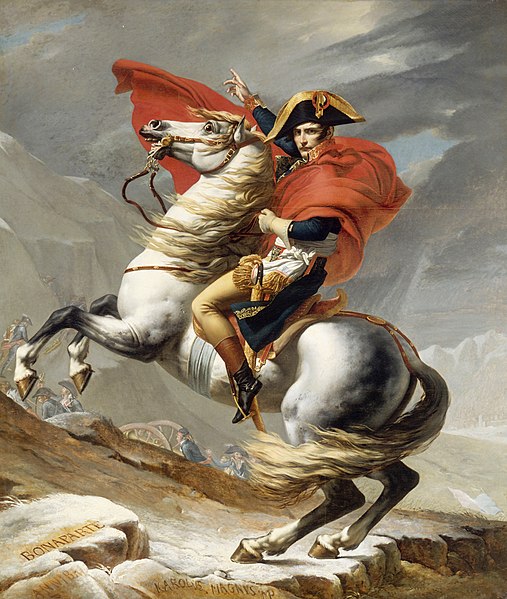By Ryan Dominic Sy; Managing Partner, Bull Run Consulting Co.
“We must not exhaust the troops in needless marches and counter marches. We must not assume that when we have made one false march of three or four days that we could make up for it by one counter march: this is usually committing two mistakes instead of one.” -“Notes on the Actual Position of the Army in Spain, July 21, 1808,” quoted in Jay Luvaas, Napoleon on the Art of War, 1999.
Common sense would dictate that a wasted march- a mistaken movement in one direction- must be corrected by a counter-march- a march in the opposite direction. Thus a wasted effort has an initial cost, a, which must be corrected by another expenditure, b, making the total cost of the error a+ b. That is bad enough. But Napoleon asserted that taking the common sense measure of correcting a march with a counter-march does not simply add two expenditures of time and effort, but also fails to correct the original error. Indeed, it creates a new one.
In any complex, high-stakes endeavour, whether in war or in business, the misplaced investment of resources can rarely be “undone” by simple reallocation. Mistakenly stepping into a situation typically creates conditions that cannot be corrected simply by backing out of the situation. Wasted effort may not create the results you want, but it almost always creates results, which must then be figured into plans moving forward. Engage the situation as it presents itself, not as you wanted it to be before you marched in the wrong direction. Fail to do this, and you will only compound the initial error.
Beating the Global Crisis
The global crisis has brought the world to a halt, eliminating businesses and institutions. But it is also a time when the creative thrives and the innovative excels. One must build on these strengths in a time of panic.
What's your story?
Tell us how you navigated your company through the pandemic. What were the lessons you’ve learned? Send us an email.
Insights
Read more articles on business and strategy.

